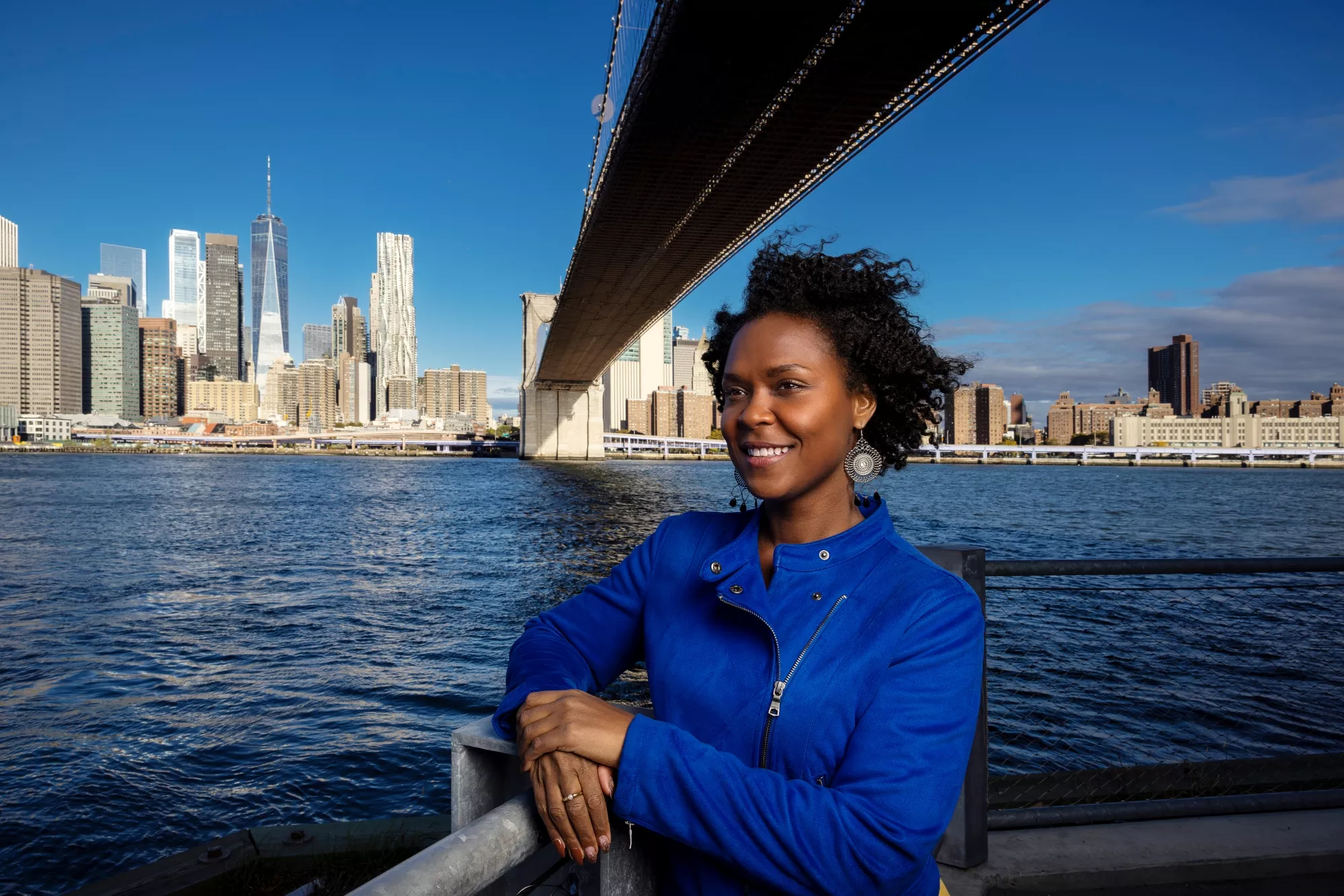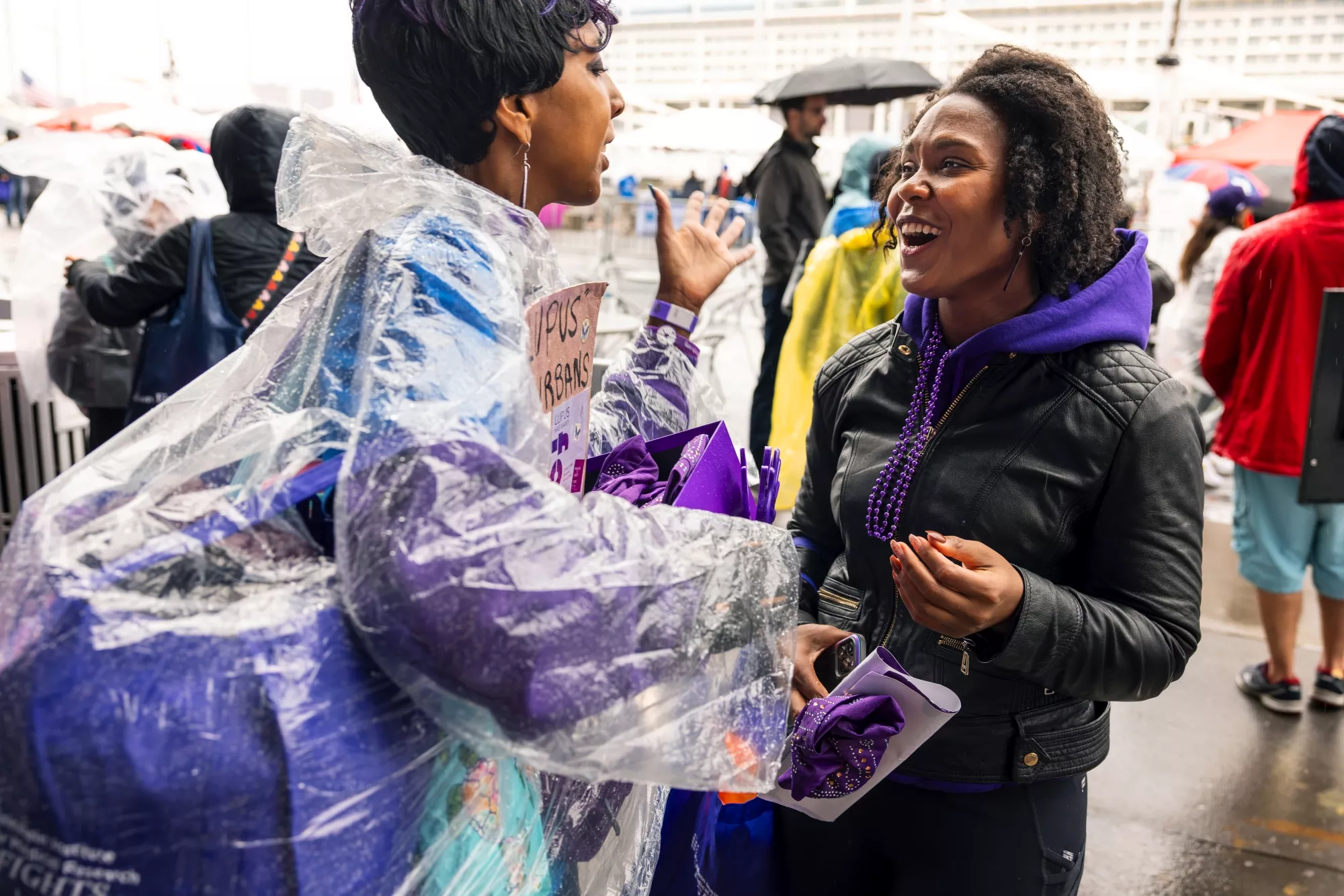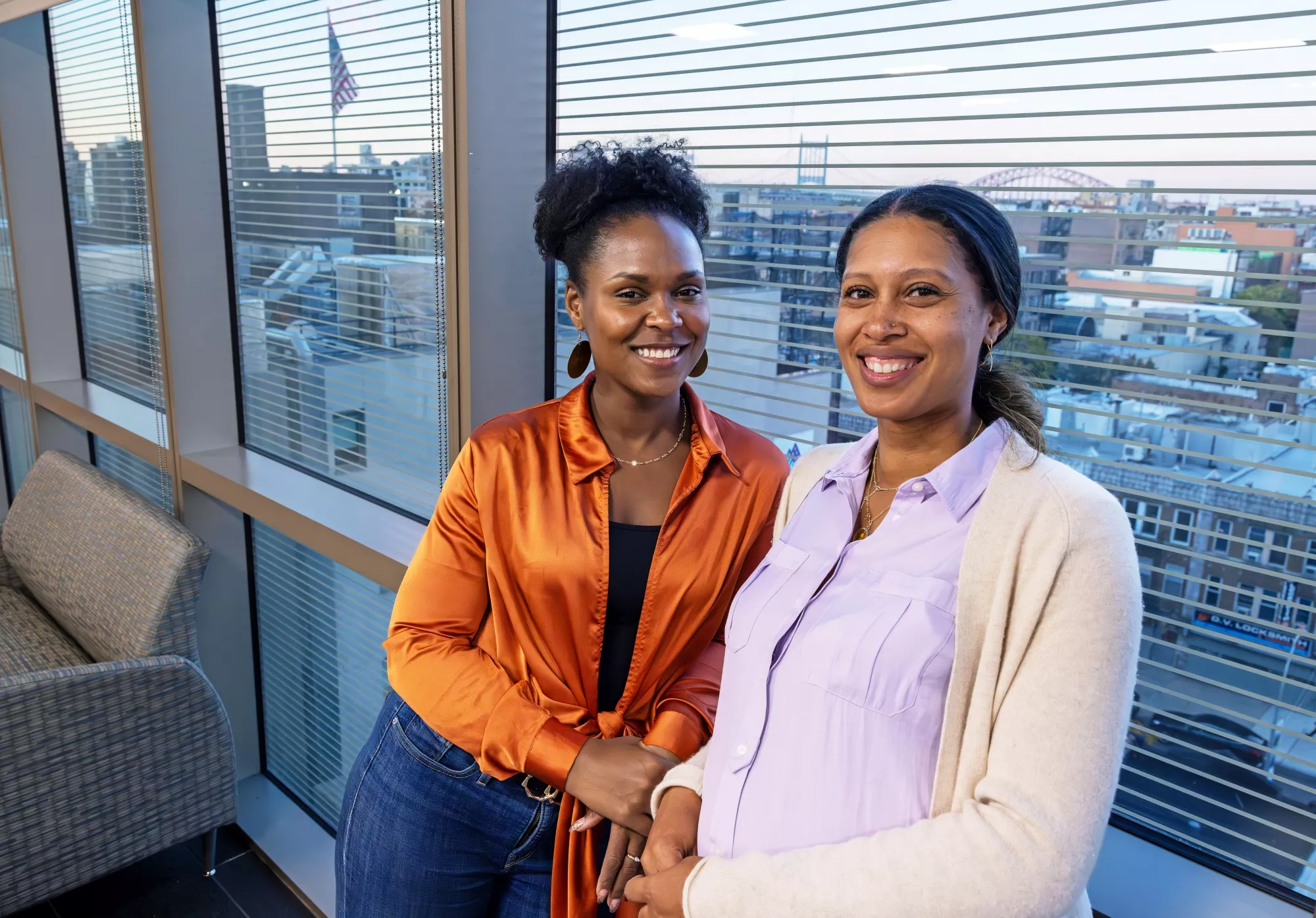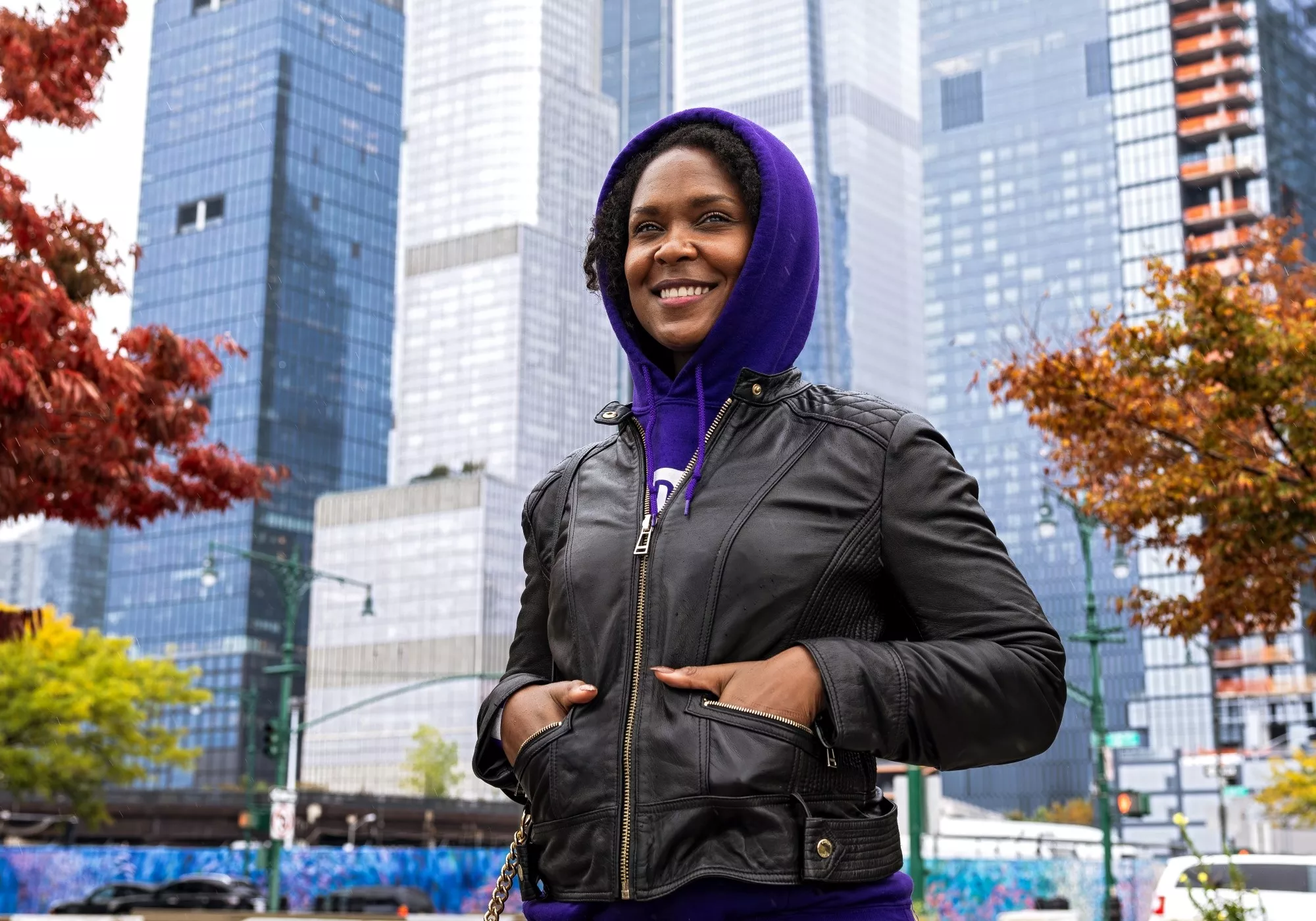
There were days when I was in a lot of pain and nobody knew. I had migraines. I had joint pain. I had hair loss. I went to the doctor, but because they're such random symptoms I didn’t know how to present it. I was like: ‘Fix my hair first and then let’s talk about the other things.’ But it was all connected.

My friends were partying, but I couldn’t join them. I was in a dance team but had to leave because of the intensity on my body. I had an internship but quit on the second day because I started having immense pain. It was very challenging and frustrating. I thought ‘why me?’

I wrote a poem about my feeling of a lack of control over my body. One day I decided to share it in a performance. People came to me afterwards to say they have lupus or knew someone with lupus. That’s when I started thinking about my poetry as something bigger: a way to communicate with people who need to know they are not alone.

We need more therapeutics to support people living with this condition,“ says Shanelle. “But there’s distrust — when you have bad experiences or doctors that don't listen to your concerns, are you really going to join a trial?

As a physician I want to give my patients the best treatments, but when we talk about clinical trials people still have those issues of trust,” says Dr. Bayard. “Whether it’s through support groups, community walks, education sessions, or collaborating with lupus advocates like Shanelle, it’s critical to build impactful networks that speak to the gaps in care for women and women of color living with lupus.

Despite my condition, I love being a testimony to the fact you can have a chronic illness and still live a full life.



